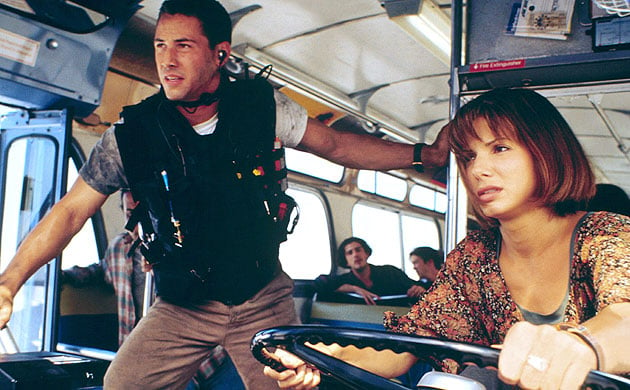I recapped the Theory of the Corporation as Externality-Generating Machine in this blog. Briefly, it says that corporations exist to internalize profits and externalize (socialize) costs and risks. The theory answers an often-asked question, namely, why executives of bailed-out banks got bonuses. It’s because they got something for free from the government! Exactly what a corporate exec is supposed to do!
How can corporations ask for free stuff from the government, from one side of their mouths, and stump for smaller government and lower taxes, from the other side? Isn’t that pissing in the punchbowl? Derailing the gravy train? Sure it is, but CEOs will take it while they can get it, even knowing it will dry up. But hoping it won’t dry up before they retire.
That’s the theory. Now let’s apply it.
In my blog The Flying Professor Advises the US Airlines, I wrote,
…we went through tough security in Tokyo or Amsterdam or wherever, flew to the USA – then had to pass security again to transfer to our domestic flights. Alert travelers wonder why transfer passengers are screened, but passengers leaving the airport to enter this US city are not screened.
The Aviation and Transportation Security Act of 2001 mandates the Transportation Security Administration (TSA) to “protect the nation’s transportation systems to ensure freedom of movement for people and commerce.” The House Budget Committee reports, “TSA has security responsibilities in all forms of transportation.” Although TSA employs over 55,600 FTE people, “fewer than 700 FTEs are involved in Surface Transportation Security.”
TSA’s budget is more than $7 billion, of which only about $2 billion comes from direct passenger fees. This means $5.7 billion comes from “mandatory and discretionary appropriations,” paid by all taxpayers. “Aviation Security takes the lion’s share of this budget, and its funding is used for passenger- and baggage-screening operations, screener salaries and benefits, and contracts with private screeners, among other activities.”
Now get this: “Before 9/11, the airlines themselves paid for and carried out passenger- and baggage-security screening.”

Wow. The least disgusting implication is that TSA does almost nothing to protect bus, train, car, taxi, Uber, or subway transportation – despite its name, and in contravention of its charge under the ATS Act of 2001.
The more revolting implications are:
· Airlines succeeded in socializing the cost of air transport security, exactly in line with the theory, and in a way that taxpayers hardly noticed.
· They used 9/11 as a venal and tasteless excuse for doing so.
· The fact that TSA virtually ignores ground transport means its employees are essentially the airlines’ hired thugs – but the airlines don’t have to pay them!
· Non-travellers are subsidizing travellers, through taxes. The benefit of this, as public policy, is debatable. It wasn’t debated.
The cost savings from dumping security on the general public goes directly to benefit the airlines’ financial bottom lines. This should have allowed them to lower fares.
Didn’t happen.




Comments